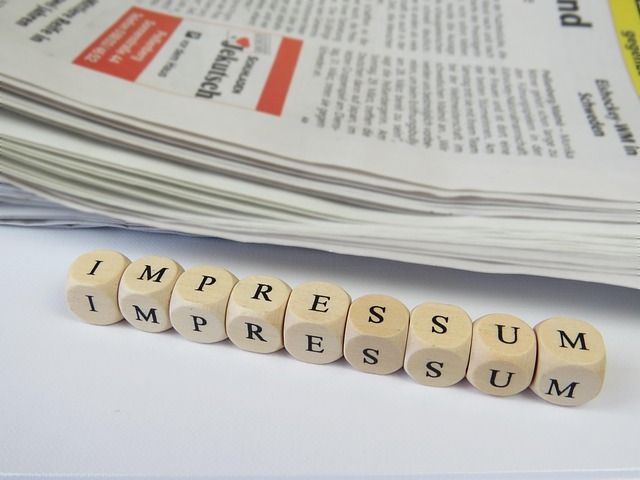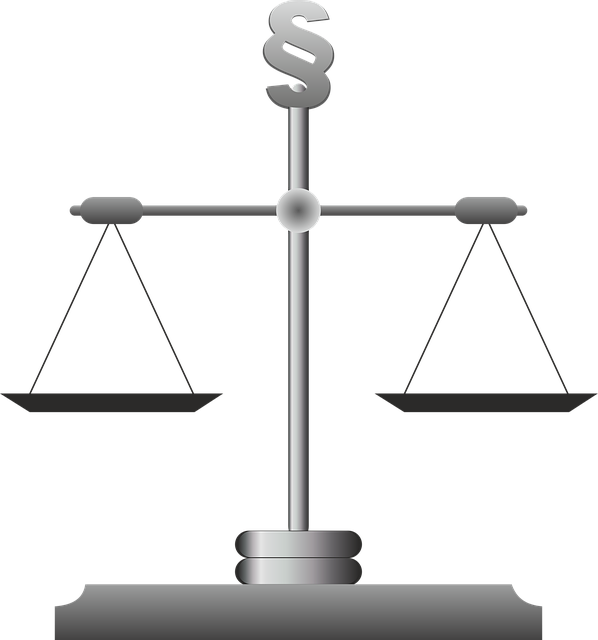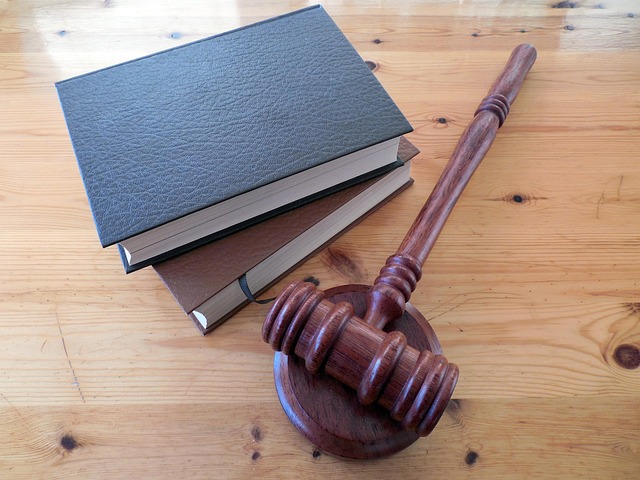Consumer protection laws are essential for fair business practices and safeguard against exploitation. Proving guilt beyond reasonable doubt is critical in these cases, requiring robust evidence like documentation, witness statements, and expert testimony. Skilled lawyers, proficient in consumer rights and legal processes, navigate complex strategies to secure justice and favorable outcomes, often setting benchmarks through successful settlements or compensation.
Consumer protection suits are vital tools for ensuring businesses uphold ethical standards and safeguard their customers’ rights. This comprehensive guide delves into the intricacies of navigating these legal battles, from understanding foundational consumer protection laws to crafting compelling cases that prove guilt beyond reasonable doubt. We explore evidence management, legal standards, and strategic representation techniques designed to foster justice in the marketplace.
- Understanding Consumer Protection Laws
- Building a Strong Case for Guilt
- The Role of Evidence in Consumer Suits
- Legal Standards: Proving Beyond Doubt
- Strategies for Effective Consumer Representation
Understanding Consumer Protection Laws

Consumer protection laws are designed to safeguard individuals from unfair, deceptive, or harmful practices in their daily interactions with businesses. These regulations aim to create a level playing field and ensure that consumers receive accurate information, fair treatment, and protection against exploitation. Understanding these laws is crucial when navigating high-stakes cases involving white collar and economic crimes, as the bar for proving guilt beyond reasonable doubt is stringent.
In such legal battles, businesses and individuals must be aware of their responsibilities to comply with consumer protection statutes. Each respective business has a duty to act ethically and transparently, providing clear product information, accurate advertising, and adhering to pricing guidelines. Failure to do so can lead to significant legal repercussions, particularly in complex cases where the onus is on prosecutors to demonstrate intent and establish guilt without any reasonable doubt.
Building a Strong Case for Guilt

Building a solid case for guilt is paramount in consumer protection suits, aiming to prove that a defendant’s actions or omissions indeed harmed consumers and warrant legal recourse. The bar for conviction is set high—proving guilt beyond reasonable doubt. This standard requires prosecutors to present compelling evidence, leaving no plausible alternative explanation for the alleged wrongdoing. In high-stakes cases, where significant damages are at play and public trust in businesses is on the line, mounting a robust case becomes even more critical.
Strategizing effectively involves meticulous investigation, expert testimony, and a clear presentation of how the defendant’s practices or products have led to substantial consumer harm. By meticulously gathering evidence, including documentation, witness statements, and market analyses, legal teams can construct a compelling narrative that convinces judges or juries of the defendant’s culpability. Moreover, ensuring effective communication during jury trials is essential, as it directly impacts the outcome of these high-stakes cases, where avoiding indictment hangs in the balance.
The Role of Evidence in Consumer Suits

In consumer protection suits, evidence plays a pivotal role in establishing liability and proving guilt beyond reasonable doubt. This is particularly crucial in high-stakes cases where substantial financial damages are at stake. Consumers often face challenging defenses from corporations across the country, making it imperative for them to present robust and compelling evidence to support their claims.
The process involves sifting through documents, testimony, and expert opinions to build a strong narrative that demonstrates unfair or deceptive practices. This meticulous approach is essential for securing winning challenging defense verdicts. Consumers must be able to show that the defendant’s actions were intentional, misleading, or violated established legal standards, thereby ensuring justice and fair compensation for their harm.
Legal Standards: Proving Beyond Doubt

In consumer protection suits, establishing legal standards is paramount to ensuring justice. The burden of proof lies with the plaintiff, who must demonstrate guilt beyond reasonable doubt. This stringent standard is a cornerstone of our judicial system, designed to protect individuals from baseless accusations and ensure fairness. It requires a thorough examination of evidence, witness testimonies, and expert opinions to reach a conclusion that leaves no room for reasonable skepticism.
Achieving extraordinary results in these cases demands a comprehensive understanding of both consumer rights and legal procedures. An experienced advocate with an unprecedented track record in general criminal defense can navigate this complex landscape, gathering compelling evidence and constructing a robust argument to prove guilt beyond a shadow of doubt. This meticulous approach guarantees that justice is not only served but also upheld at the highest level.
Strategies for Effective Consumer Representation

In consumer protection suits, representing clients effectively requires a strategic approach to ensure justice and a complete dismissal of all charges. The primary goal is to prove guilt beyond reasonable doubt, which necessitates a thorough investigation into the misconduct. Lawyers must gather substantial evidence, including documents, witness testimonies, and expert opinions, to build a compelling case that leaves no room for doubt in the eyes of the jury or judge. This involves extensive research, understanding consumer rights, and navigating complex legal frameworks.
Across the country, successful representation in these cases has often resulted in unprecedented track records. Skilled attorneys employ various strategies, such as negotiating settlements, presenting impactful arguments, and leveraging their expertise to achieve favorable outcomes. By combining a deep knowledge of consumer law with persuasive communication, they can secure substantial compensations for aggrieved parties, setting new benchmarks in consumer protection litigation.
Consumer protection lawsuits require a thorough understanding of legal standards and strategic case building. By navigating the nuances of evidence presentation and applying the stringent legal standard of proving guilt beyond reasonable doubt, consumers can secure justice for their experiences. Effective representation strategies empower individuals to stand up for their rights, ensuring that businesses are held accountable for their actions. Armed with knowledge and strong advocacy, consumers can navigate complex legal systems to achieve favorable outcomes.






